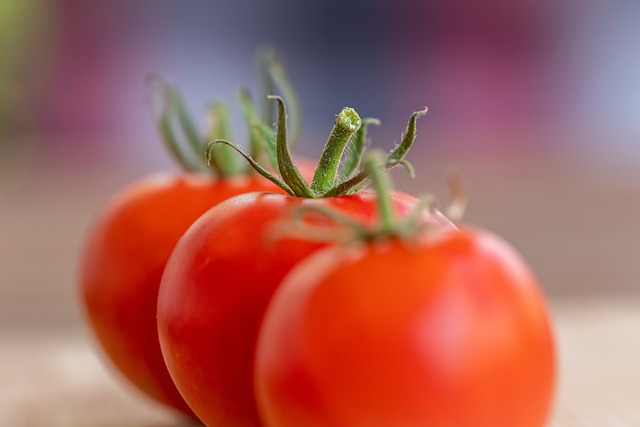Food Losses and Waste in Supply Chains: Strategies for Prevention and Reduction
The food supply chain faces numerous challenges that can disrupt the flow of food from farm to table. One major issue is the lack of proper infrastructure, which can lead to inefficiencies in transporting and storing food products. This can result in delays, damages, and even spoilage, leading to food losses and waste along the supply chain. Additionally, the complexity of the supply chain with multiple stakeholders involved can create difficulties in coordination and communication, further exacerbating the challenges faced in ensuring a smooth and efficient flow of food.
Another significant challenge in the food supply chain is the impact of external factors such as natural disasters, climate change, and political instability. These unpredictable events can disrupt the production and distribution of food, leading to shortages and price fluctuations. Such disruptions can have far-reaching consequences on food security and availability, highlighting the need for greater resilience and flexibility in the food supply chain to mitigate the risks associated with these external factors.
Impacts of Food Losses and Waste
Food losses and waste have far-reaching consequences on the environment. Discarded food items contribute significantly to greenhouse gas emissions as they rot in landfills, releasing methane gas. This gas is a potent contributor to climate change, exacerbating global warming and its associated impacts.
Additionally, the extensive resources utilized in food production are wasted when food is lost or thrown away. This includes water, energy, and land that are used to grow, harvest, and transport food products. When food is wasted, all these resources are essentially squandered, creating inefficiencies and adding strain to already overburdened ecosystems.
Root Causes of Food Losses and Waste
Food losses and waste are attributed to various factors within the food supply chain. One primary cause is inadequate infrastructure and technology, leading to poor storage facilities and inefficient transportation systems. These deficiencies result in spoilage and damage to food products before reaching consumers, contributing significantly to overall food waste.
Additionally, inadequate harvesting techniques and post-harvest practices play a crucial role in food losses and waste. Improper handling, such as rough harvesting methods and lack of proper storage conditions, lead to significant quantities of fresh produce being discarded due to physical damage or spoilage. Addressing these root causes through improved infrastructure, technology, and agricultural practices is essential in combating the global issue of food losses and waste.
Inadequate infrastructure and technology contribute to poor storage facilities
Inefficient transportation systems lead to spoilage and damage of food products
Improper harvesting techniques result in physical damage or spoilage of fresh produce
Lack of proper post-harvest practices leads to significant quantities of food being discarded
What are some challenges faced in the food supply chain that contribute to food losses and waste?
Some challenges include inadequate transportation and storage facilities, lack of proper packaging, poor infrastructure, and inefficient distribution systems.
How do food losses and waste impact the environment?
Food losses and waste contribute to greenhouse gas emissions, water and land degradation, and biodiversity loss, exacerbating the effects of climate change.
What are the root causes of food losses and waste?
The main root causes include inefficient agricultural practices, lack of proper harvesting techniques, inadequate storage and transportation facilities, consumer behavior, and market dynamics.
How can individuals help reduce food losses and waste?
Individuals can reduce food waste by planning meals, buying only what is needed, using leftovers creatively, and supporting organizations that redistribute surplus food to those in need.
What are the economic implications of food losses and waste?
Food losses and waste lead to economic losses for producers, retailers, and consumers, as well as increased costs for waste management and disposal.







